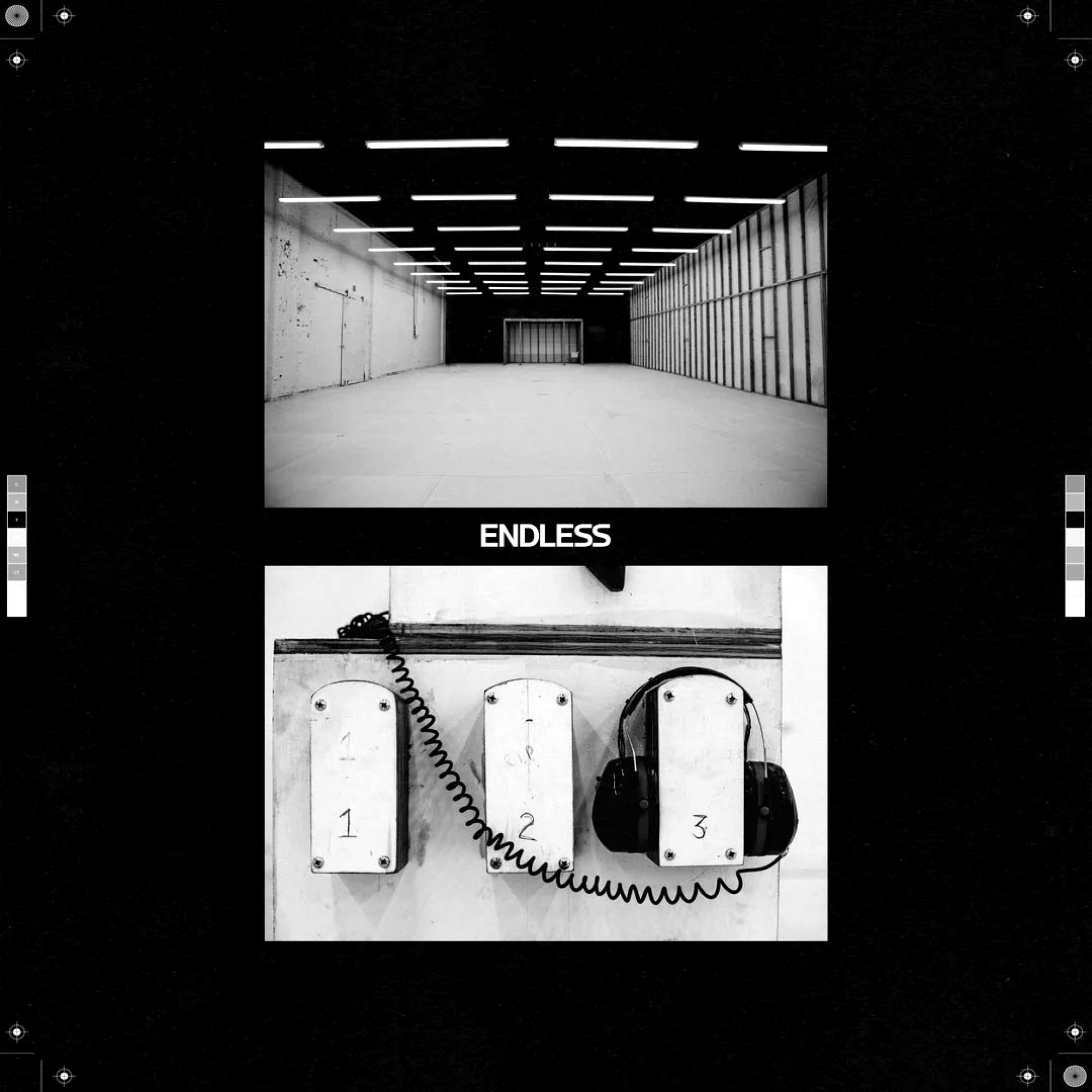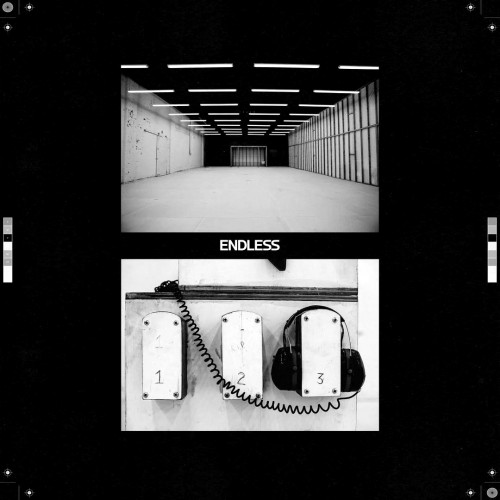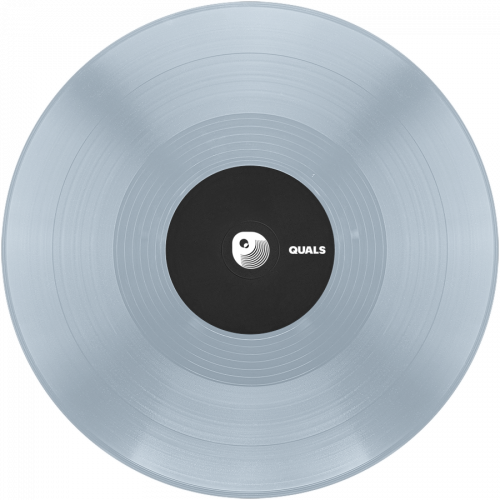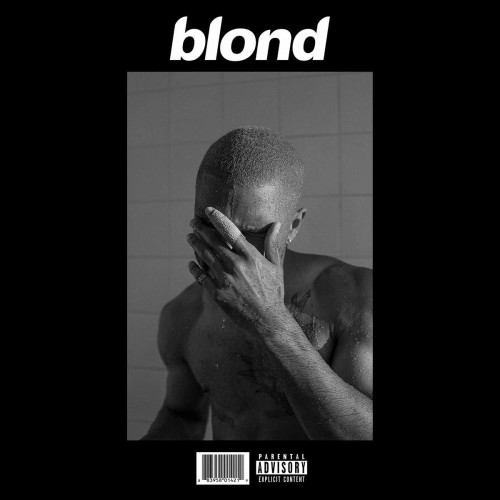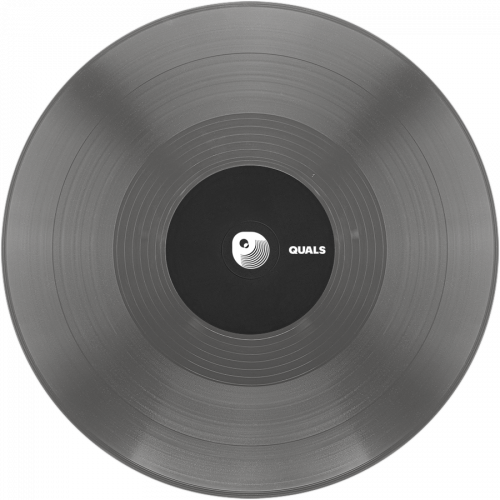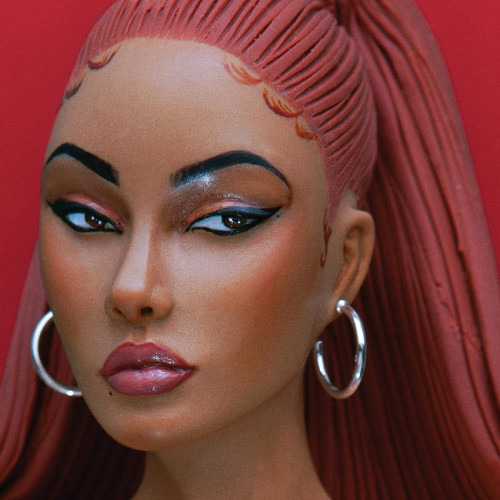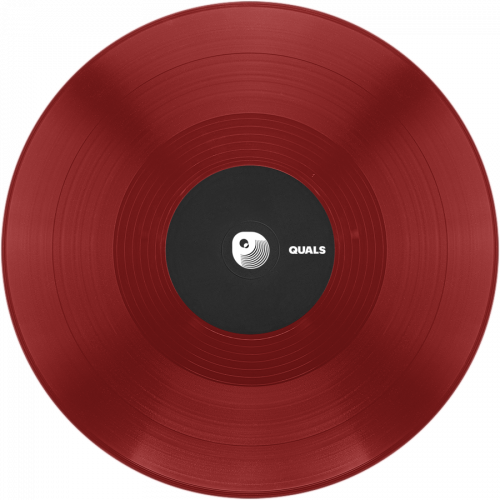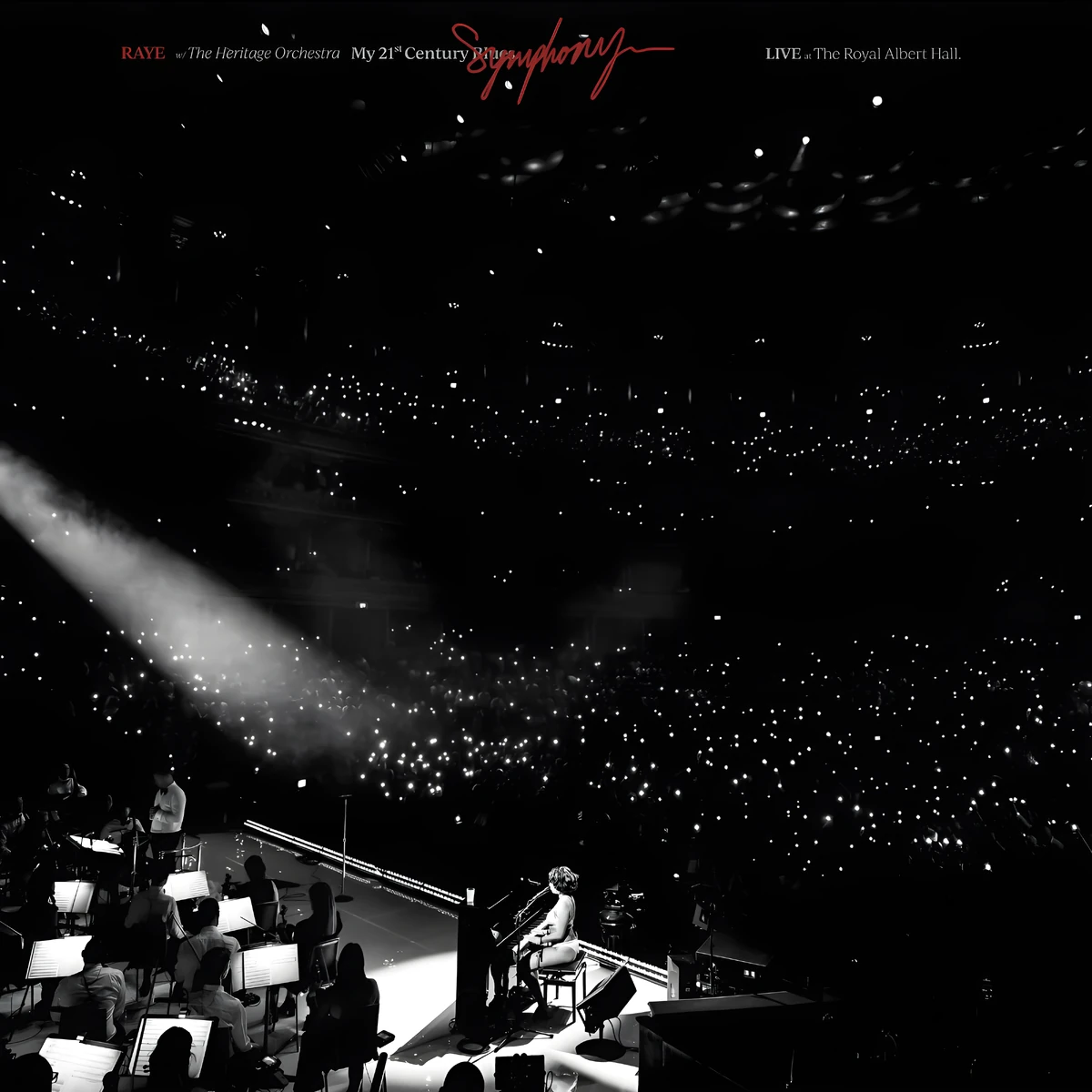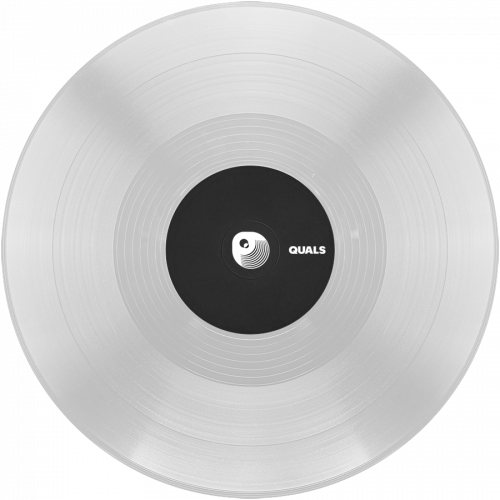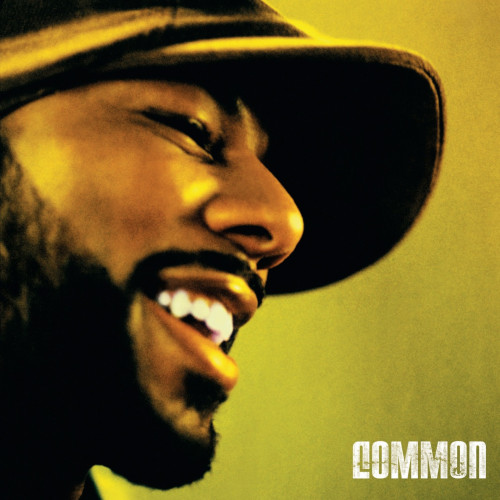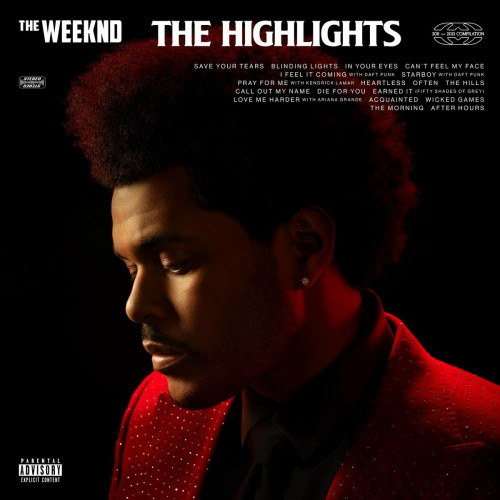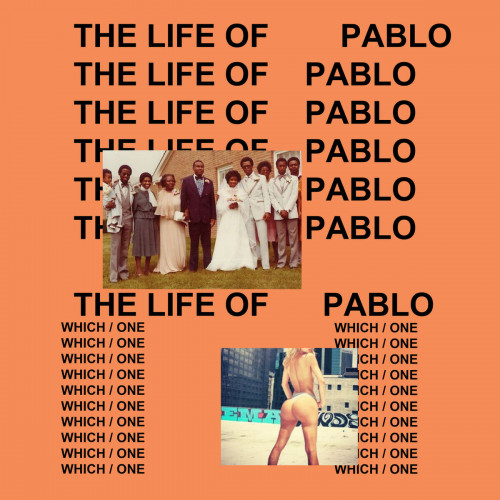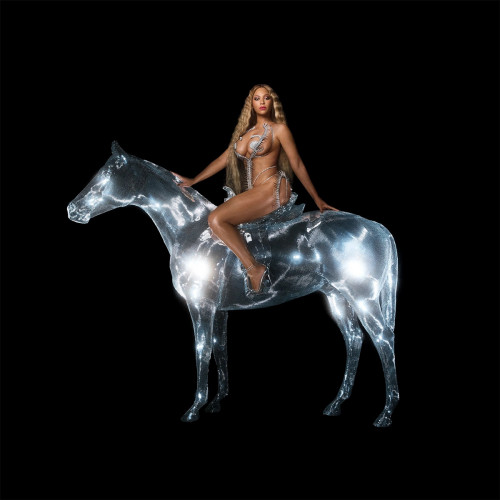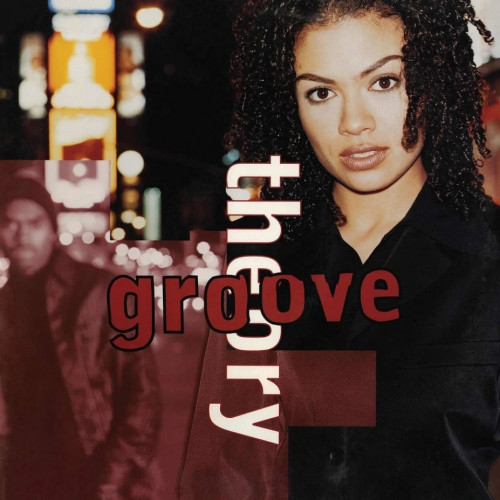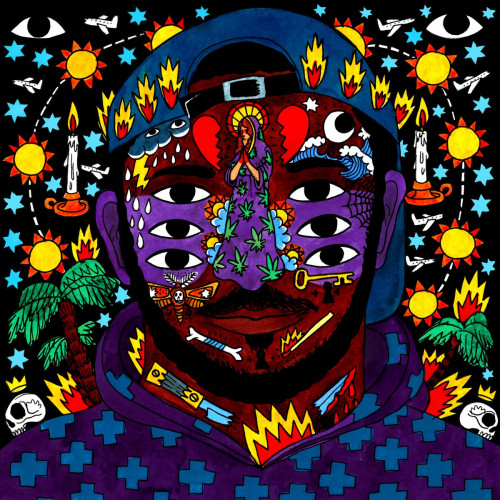In the four years between Frank Ocean's albums, the Grammy Award-winning singer and songwriter has appeared on releases by Beyoncé, Kanye West or James Blake. As a result of numerous reports and speculations, and knowing about Ocean's dissatisfaction with the pop machine, the continuation of Channel Orange seemed inevitable, or maybe mythical, or somewhere between these two poles. On the first day of August 2016, The New York Times published an article titled ‘Frank Ocean's Long-Awaited Album “Boys Don't Cry” Will Be Released Friday’, but the opening sentence of the article was less definitive, saying that ‘it may be nearly complete’. Nothing was clear. Later that month, in the space of two days, Ocean released several records, none of which were called Boys Don't Cry. It was the first and weaker album, a prelude to the full-fledged follow-up to Channel Orange. Called a visual album, at the time of its release, it could only be heard as a 46-minute composition accompanied by black-and-white footage of Ocean or Ocean's crew building a staircase in a warehouse. The sound is introduced and concluded with fragments of Wolfgang Tillmans' Device Control, a composition that blurs the line between sound art and dance track. Its crispness, clarity and energy contrast with the muddy, slightly submerged sound of the suite, which consists mainly of fresh material. The ‘Ocean’ sequence begins as a ‘This Mortal Coil-gone-quiet-storm’ project, with a fragile and ghostly cover of the Isley Brothers' “(At Your Best) You Are Love”, supported by strings arranged by Jonny Greenwood, piano and synthesizer by Om'Mas Keith and Blake. Then the set becomes fragmented - the original tracks are on average two minutes long and tend to flow from one to the other. The whole thing stretches on, albeit slowly, like a hazy, lazy walk along a river with a nearby big screen projecting a series of memories that vary from Balearic to fiercely romantic. Ocean, whose voice is most often joined by the (still underused) Jazmine Sullivan, alternates between sporadic rapping and singing, which ranges from mere observation to near-exorcism. Everyday moments, such as when Ocean comforts his lover after a lost basketball game, have just as much impact as the relatively tense scenes. In this script, you'll find more detailed scenes that only Ocean can write, as well as some clever quotes.
- Andy Kellman - allmusic.com
